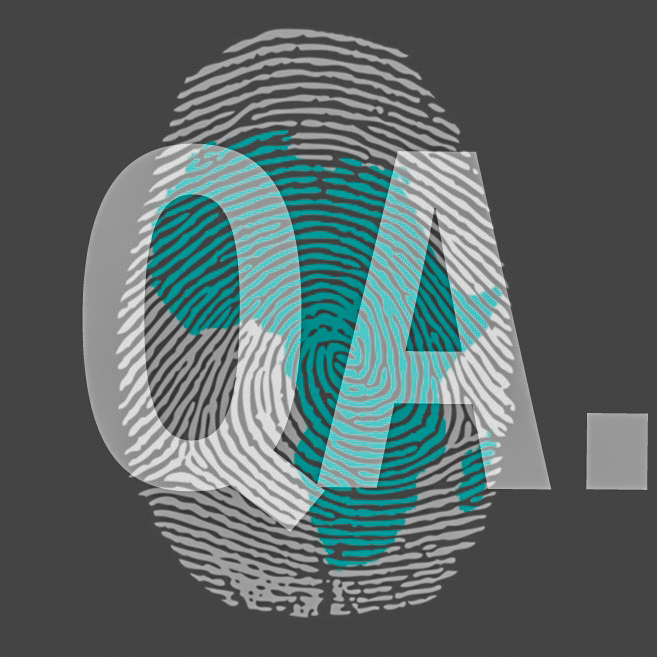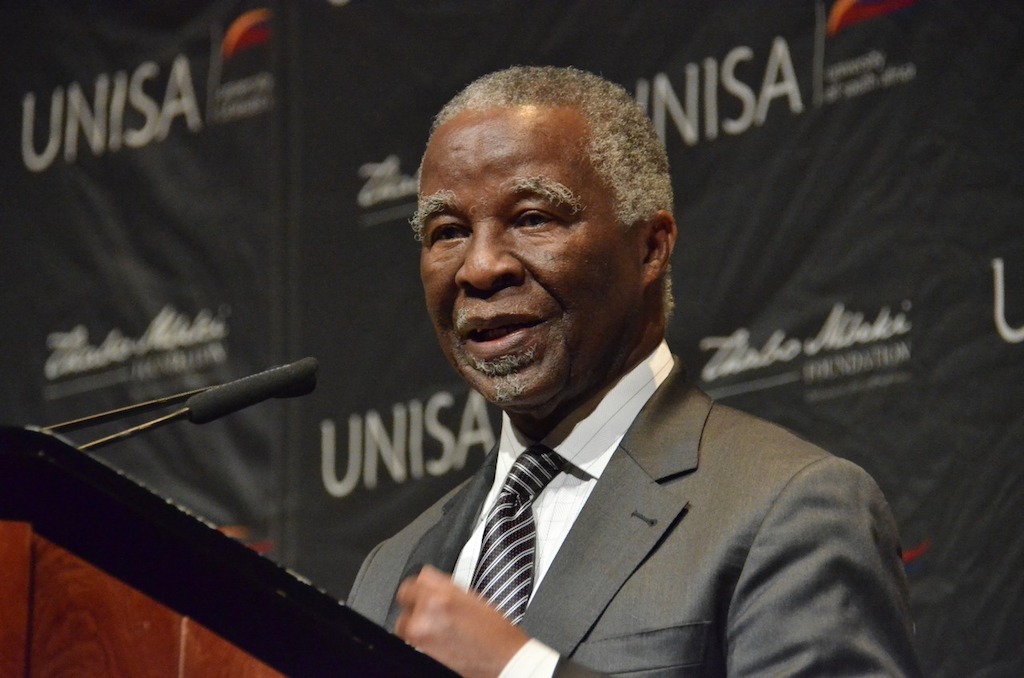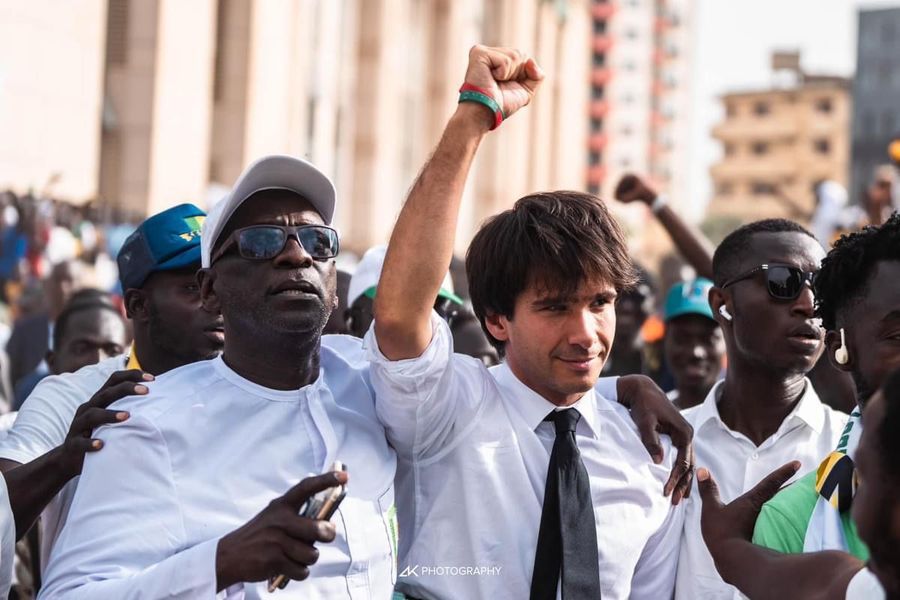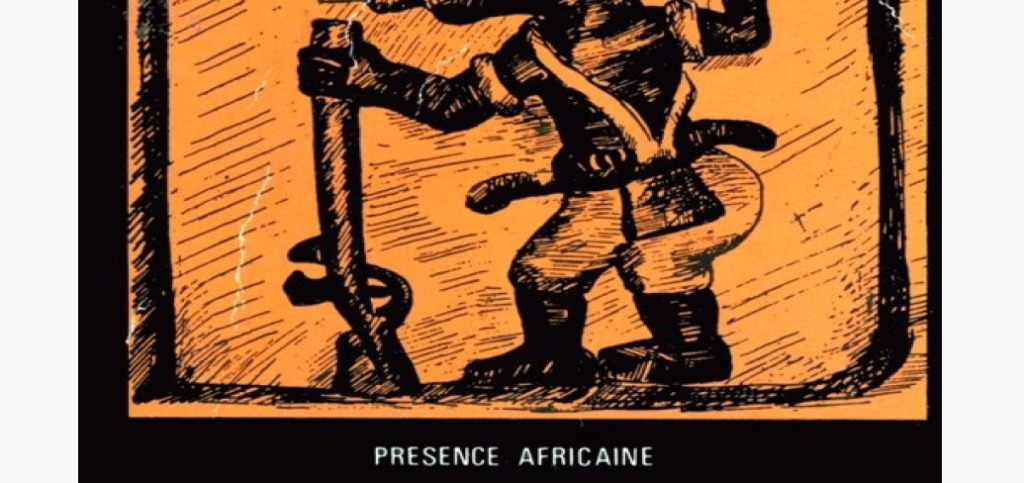In a powerful address at the United Nations, Ghanaian President John Dramani Mahama delivered a compelling case for Africa’s pivotal role in shaping the future of global governance, economic equity, and climate justice. His speech underscored the continent’s growing influence, resilience, and demand for systemic change in a world order that has long marginalized African nations. Drawing on historical context and forward-looking optimism, M. Mahama articulated a vision where Africa not only participates but leads in global decision-making.
AFRICA’S RISING INFLUENCE
President Mahama began by acknowledging the limited role African nations played in the UN’s founding, a consequence of colonial subjugation and partition. Yet, he declared, « The future is African.” With projections indicating that by 2050, over 25% of the world’s population and a third of its youth will reside in Africa, the continent is poised to become a demographic and economic powerhouse. M. Mahama challenged the global community to view this reality not as a threat but as an opportunity, urging them to shed the lens of centuries of racism, colonialism, imperialism, and the resulting implicit bias.
Highlighting Africa’s resilience, M. Mahama pointed to Ghana’s own economic turnaround as a microcosm of the continent’s potential. Through a reset agenda, Ghana has achieved significant economic growth and slashed inflation, demonstrating the capacity of African nations to rebound despite systemic challenges. This resilience, he argued, should inspire the UN to adopt its own reset agenda to address the evolving needs of a radically changed world since the organization’s inception in 1945.
A DEMAND FOR EQUITY IN GLOBAL GOVERNANCE
Central to President Mahama’s address was a call for reform in the UN’s structure, particularly the Security Council. He invoked the UN’s founding principle of sovereign equality of all its members, questioning why Africa, with its 54 member states, lacks a single permanent seat on the Council. If not now, then when? he asked, pressing for immediate action to rectify this imbalance. His demand reflects a broader push for inclusion, as Africa seeks a voice commensurate with its growing global significance. M. Mahama also criticized the global financial architecture, describing it as rigged against Africa. He argued that the current system perpetuates economic dependency and exploitation, calling for a restructuring to enable African nations to thrive independently. This includes asserting sovereignty over the continent’s vast natural resources, ending the era of foreign exploitation through vast concessions.
ADDRESSING GLOBAL INEQUITIES: CLIMATE AND HUMANITARIAN CRISES
The Ghanaian president drew attention to the disproportionate impact of climate change on the Global South. Despite contributing just 25% of global greenhouse gas emissions, compared to 75% from the Global North, African nations face severe climate consequences due to limited resources for adaptation. M. Mahama highlighted the plight of climate refugees, many of whom are African, and called for equitable support akin to the assistance provided to Ukrainian refugees. Countries should be willing to assist 12 million refugees in much the same way, he urged, pointing to the world’s largest humanitarian crisis in Sudan.
RECLAIMING AFRICA’S NARRATIVE
Mahama’s speech was not only a call for structural reform but also a plea for cultural and perceptual change. He expressed frustration with the persistent portrayal of Africa as a continent of poverty-stricken, disease-ridden rural communities. Instead, he demanded representation that reflects the richness, complexity, and diversity of African histories and cultures. This call for narrative sovereignty is a critical step toward dismantling stereotypes and fostering global respect for the continent’s contributions.
A VISION FOR A NEW GLOBAL ORDER
President Mahama’s address was a clarion call for a reimagined global order, one where Africa’s voice is not only heard but amplified. His emphasis on resilience, equity, and sovereignty resonates with a broader movement among African leaders to redefine the continent’s role on the world stage. By demanding a reset of the UN’s agenda, financial systems, and climate responsibilities, Ghana is positioning itself, and Africa, as a leader in the fight for a fairer, more inclusive world. As the UN grapples with its own relevance in a rapidly changing global landscape, Mahama’s words serve as both a challenge and an invitation. The future, as he boldly proclaimed, is African. The question remains whether the world is ready to embrace it.






Laisser un commentaire
Vous devez vous connecter pour publier un commentaire.